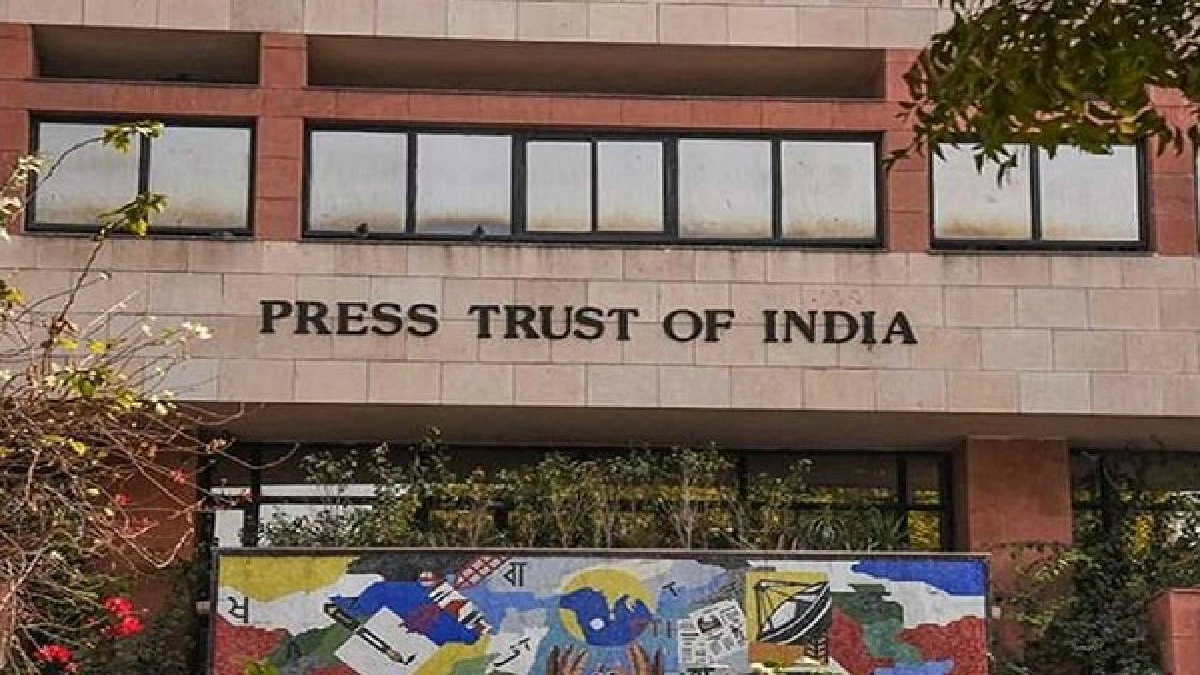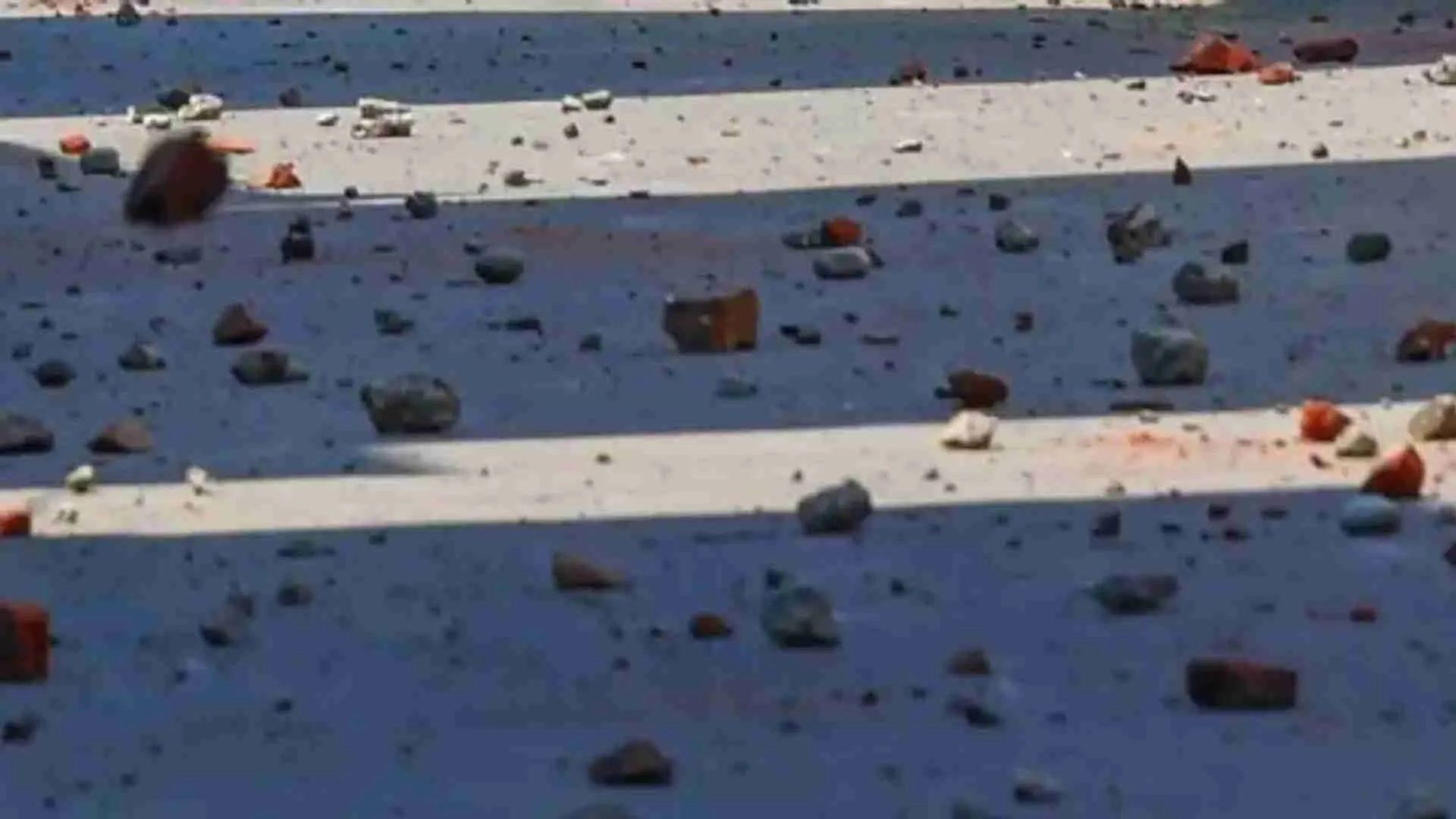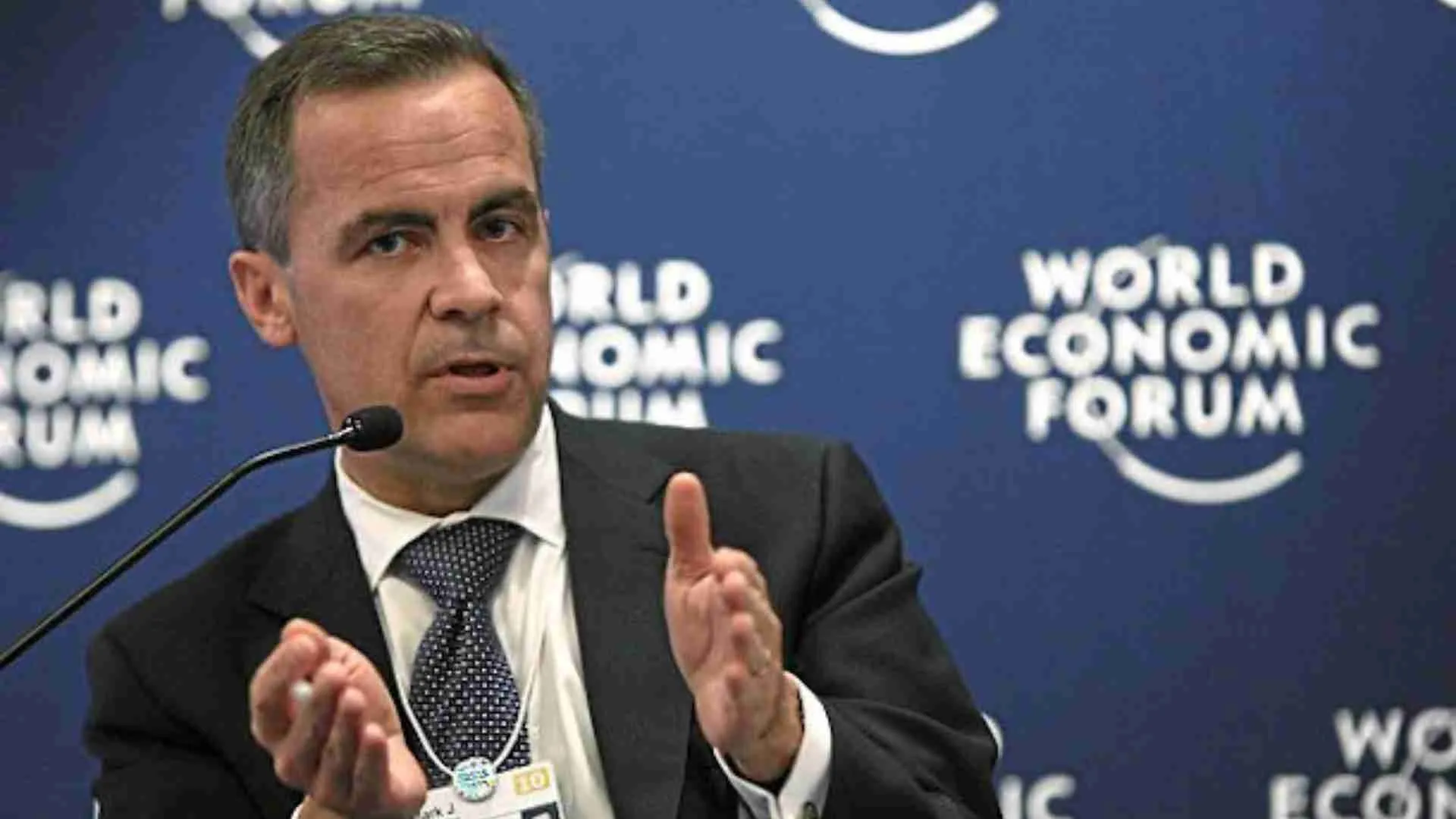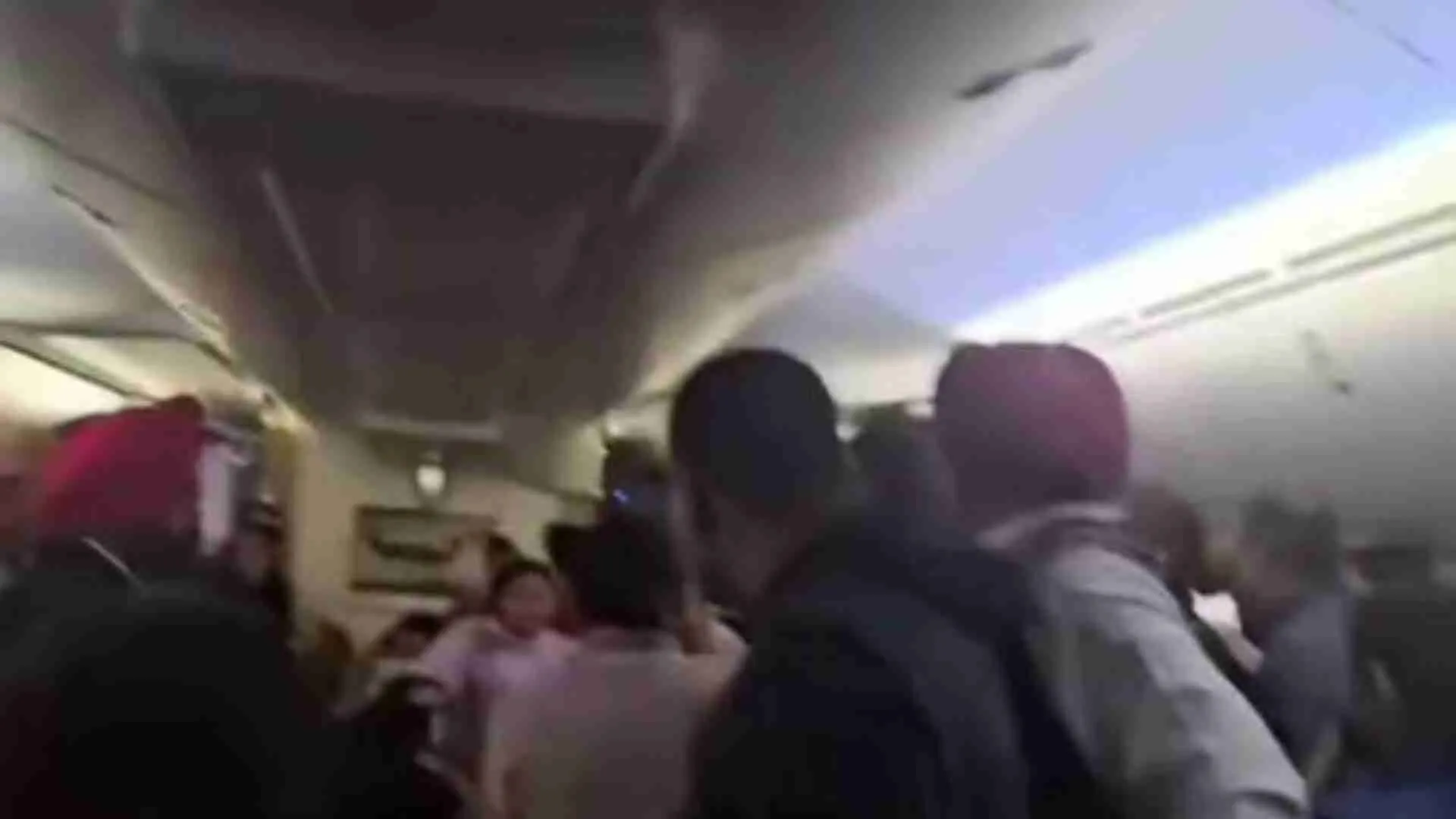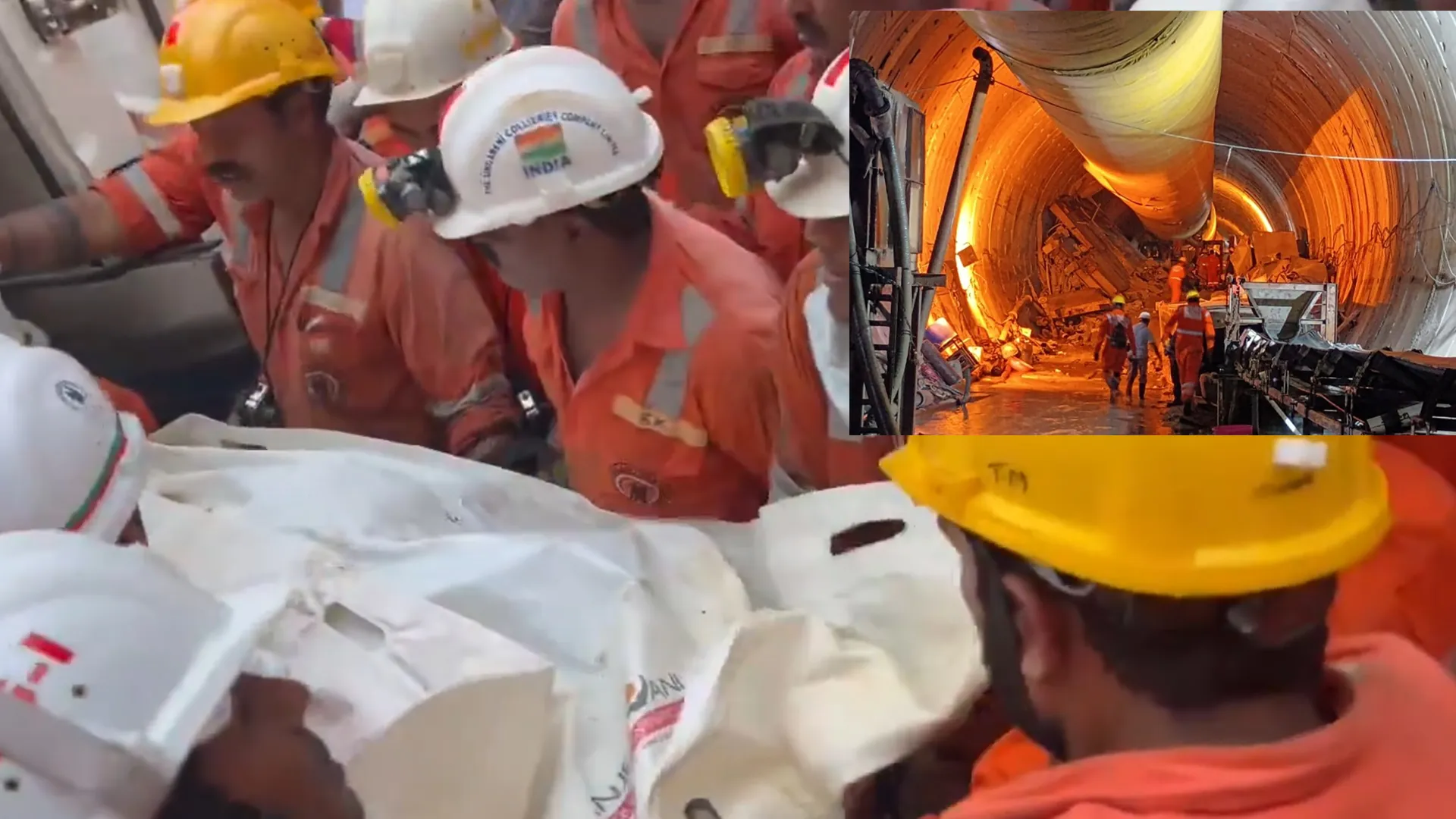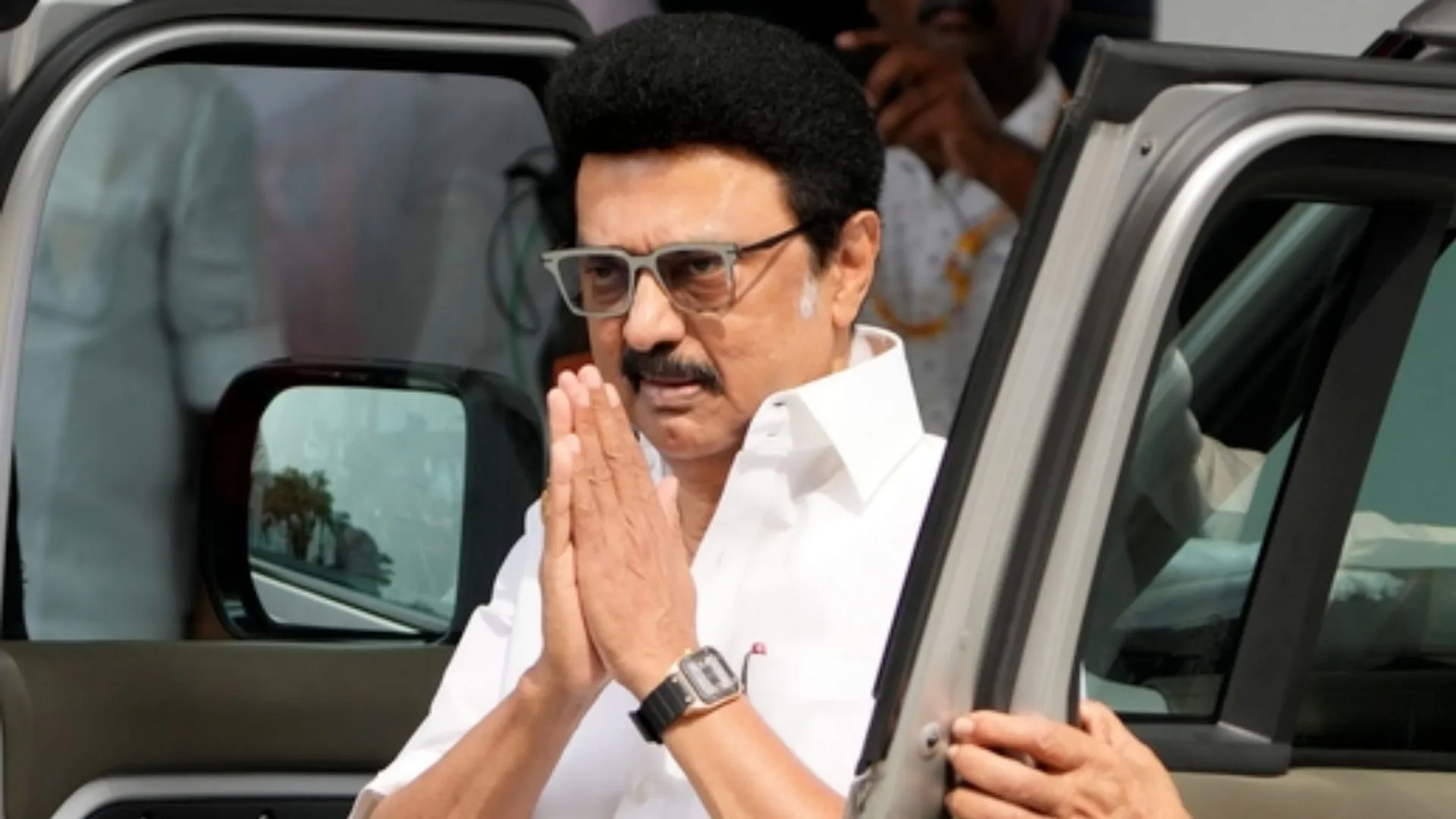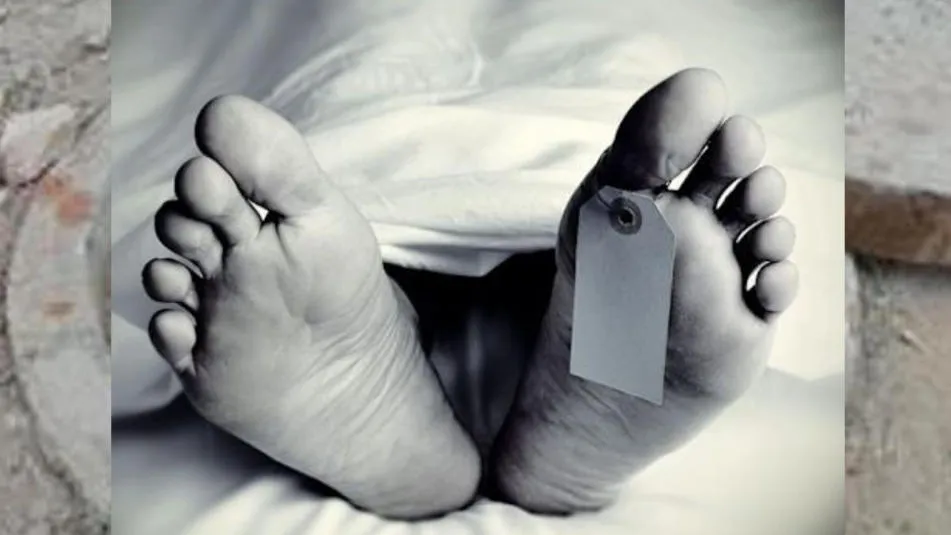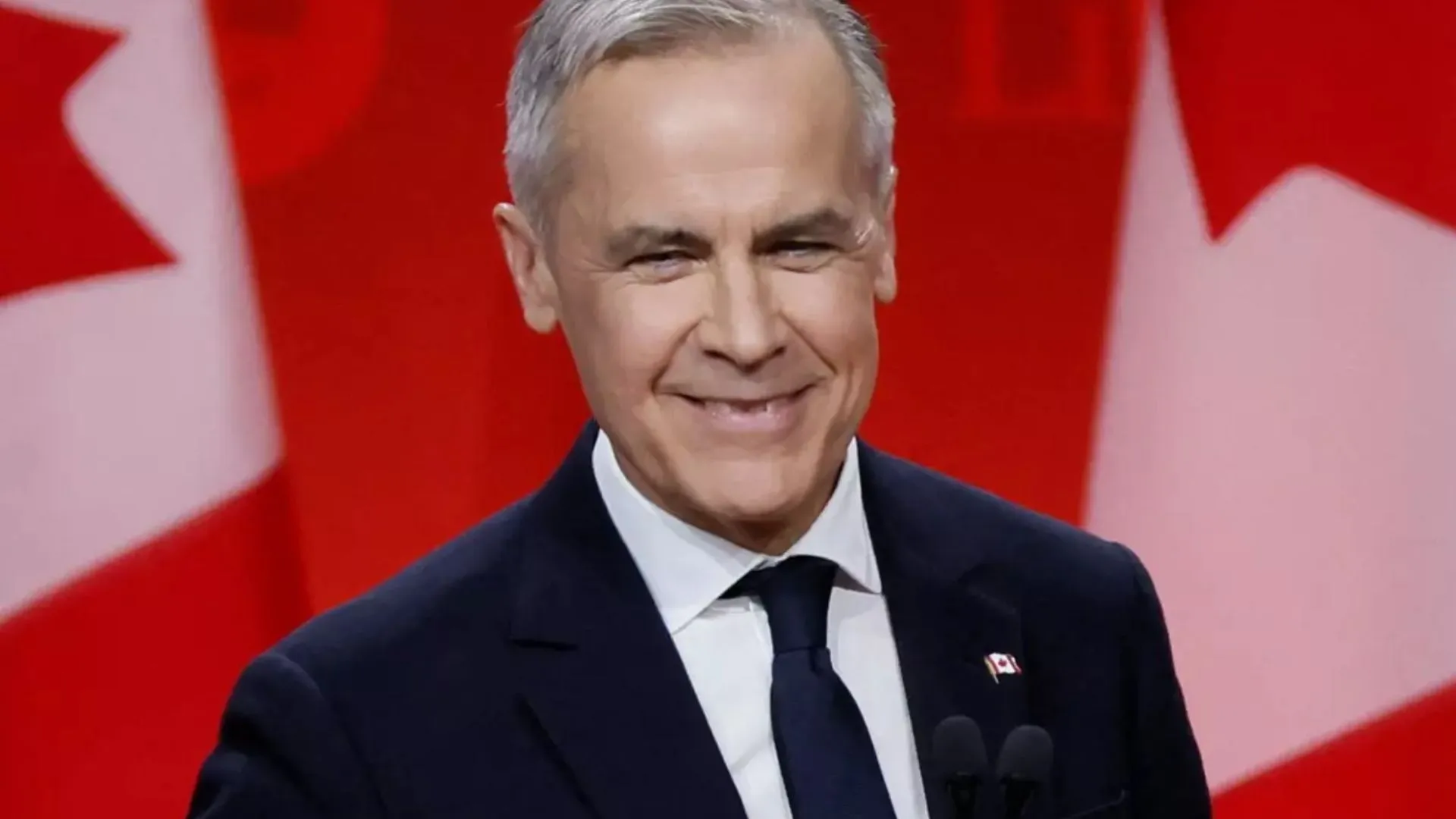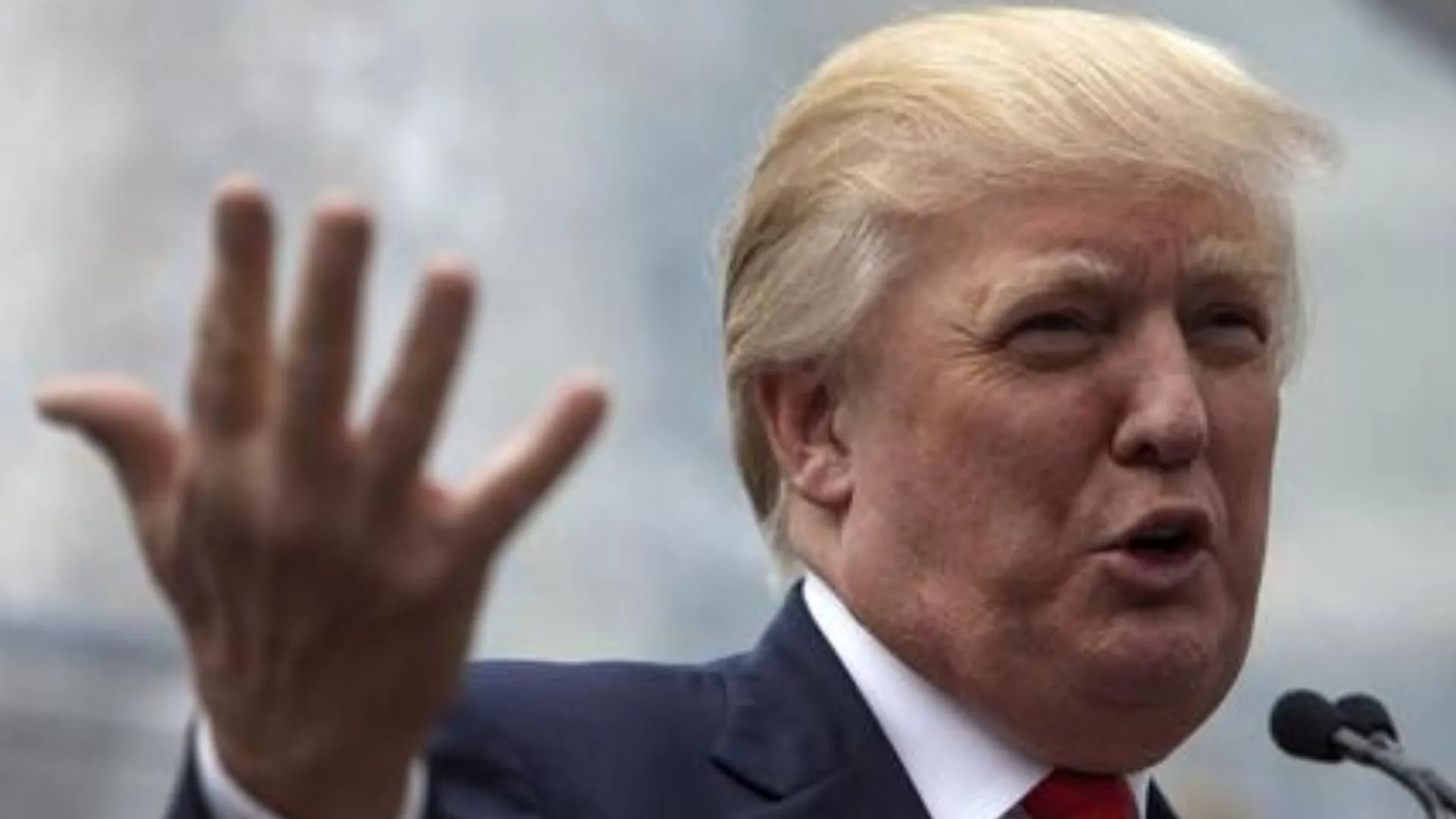India’s public service broadcaster Prasar Bharati is currently “reviewing the need for continued relationship” with the country’s two wire agencies — Press Trust of India (PTI) and United News of India (UNI) — for supply of news content to Doordarshan and All India Radio.
Prasar Bharati had enhanced the annual subscription of the two multilanguage domestic news agencies to Rs 16 crore (Rs 9.15 crore to PTI and Rs 6.90 crore to UNI) as part of a three-year contract which ended in 2015-16.
Over the last four years, both PTI and UNI continued to get annual subscription on an ad hoc basis pending a fresh contract which remained elusive, with Prasar Bharati insisting on a service-based rationalisation of subscription formula and the two wire services sticking to the prevailing consolidated payment mechanism.
In addition to the Prasar Bharati’s annual subscription to PTI and UNI, the Central government’s publicity arm — the PIB — and many Union government departments and PSUs as well as the state governments subscribe to the paid service of PTI and UNI, adding a substantial amount of the taxpayer’s money to the two agencies’ revenue even in this era of liberalisation and corporatisation.
Meanwhile, an Expert Committee of Prasar Bharati in its report on “rationalisation” of the news agencies’ subscription to AIR and DD strongly recommended setting up of a Prasar Bharati News Service (PSNS) in line with the reports of a host of high-power panels constituted by successive governments in the past.
The vision of an international news agency in independent India was first outlined by Jawaharlal Nehru at a meeting of the Newspapers Editors’ Conference in 1946, and it was expected that the Society of Indian Newspapers owners will translate this dream into a reality.
What the Indian Newspapers Society (INS) has given to free India in the last seven decades is a set of two news agencies — PTI and UNI — both with a skeleton presence abroad and still relying on the Central and state governments and the public service broadcaster for survival.
The PTI was incorporated as a limited company by a group of seven publishers of Indian newspapers on 27 August 1947 which in 1949 took over the operations of Associated Press of India (API), a residual of the colonial British transnational news agency Reuters.
The first Press Commission in its report in 1954 emphasised the importance of a second news agency to compete with PTI.
Another set of leading newspapers’ owners came forward and launched UNI in 1961. The saga of government subsidy to domestic wire services dates back to their infancy.
PTI desperately needed funds to buy the shares of Reuters to ensure Reuters continued to provide international news service for Indian subscribers. The then Information and Broadcasting Minister and Deputy Prime Minister, Sardar Vallabhbhai Patel, suggested PTI to issue 10,000 debentures of Rs 100 each and persuaded the ruler of Baroda to buy a large portion of the debentures to bail out PTI. The First Press Commission in its report in 1954 recommended various measures for helping PTI to improve its functioning, including increased payment by All India Radio (AIR).
But taking cognisance of the allegations of “improper management” and “nepotism” and “laxity in the supervision of accounts”, the First Press Commission report passed severe strictures against the Board of Directors and made all the help conditional on the transfer of PTI to “a public corporation established by an act of Parliament or operating under a charter from the President”.
Rattled by its indictment for lack of a “well formulated plan for meeting the growing demands which are made on the service”, the PTI Board in 1956 agreed to include a few eminent persons from public life as its members.
The Nehru government still provided a long-term interest-free advance to PTI to construct a multi-storey building on the prestigious Parliament Street bungalow already allotted to the news agency.
The Second Press Commission in its report in 1979, too, felt that “since news agencies serve not only newspapers but the wide public, we are of the view that there should be provision for public accountability”. That led to inclusion of a few small and medium newspapers on the PTI board.
The First Press Commission also pondered over the losses PTI was incurring since its inception and pointed an accusing finger at the shareholding newspapers for their own “mounting subscription arrears”, and blamed the PTI management for laxity in recovering mounting subscription arrears from them.
The Fact Finding Committee of Newspaper Economics in its report in 1975 also noted that daily newspapers depend primarily on news agencies for the news which they publish and that “the amount of subscription paid by any individual newspaper to those news agencies represents only a very insignificant portion of its cost of production”.
There was a feeling then that newspaper hawker gets more per copy delivered by him than PTI earns for its service from the newspapers.
On the other hand, UNI, which has been facing financial constraints ever since it was formed, failed to get any assistance from successive governments to procure a soft loan to construct a building on the Rafi Marg bungalow allotted to it.
The news agency for long has been on the verge of collapse in the absence of any assets of its own and sheer apathy of its owners.
During Emergency in 1975, PTI and UNI along with two other language news agencies — Samachar Bharati and Hindustan Samachar — were amalgamated to form a unified wire service called SAMACHAR.
The two Hindi news agencies — Hindustan Samachar (working since 1948) and Samachar Bharati (launched in 1966) — died an untimely death after SAMACHAR was dismantled.
Later both PTI and UNI floated their respective language wings — PTI-Bhasha in 1986 and UNI-Varta in 1982. The UNI launched its Urdu service in 1992. The Urdu Promotion Council of the Education Ministry has been providing financial assistance to UNI-Urdu service for its survival. Hindustan Samachar has been revived and is trying to establish itself as an exclusive Indian languages’ news agency. Also, there are agencies like ANI (primarily audio-visual content) and IANS.
During the Vajpayee government, the then I&B Minister Pramod Mahajan proposed that Prasar Bharati, a statutory public service broadcaster, being the single largest subscriber of the PTI and UNI service, should have a say in the board of directors of the two news agencies. But it was rejected by the PTI and UNI Boards on the ground that it would amount to government interference in the independence of two newspapers-owned news services.
The writer is a former Diplomatic Editor of PTI and currently a part time member of the Prasar Bharati Board.

